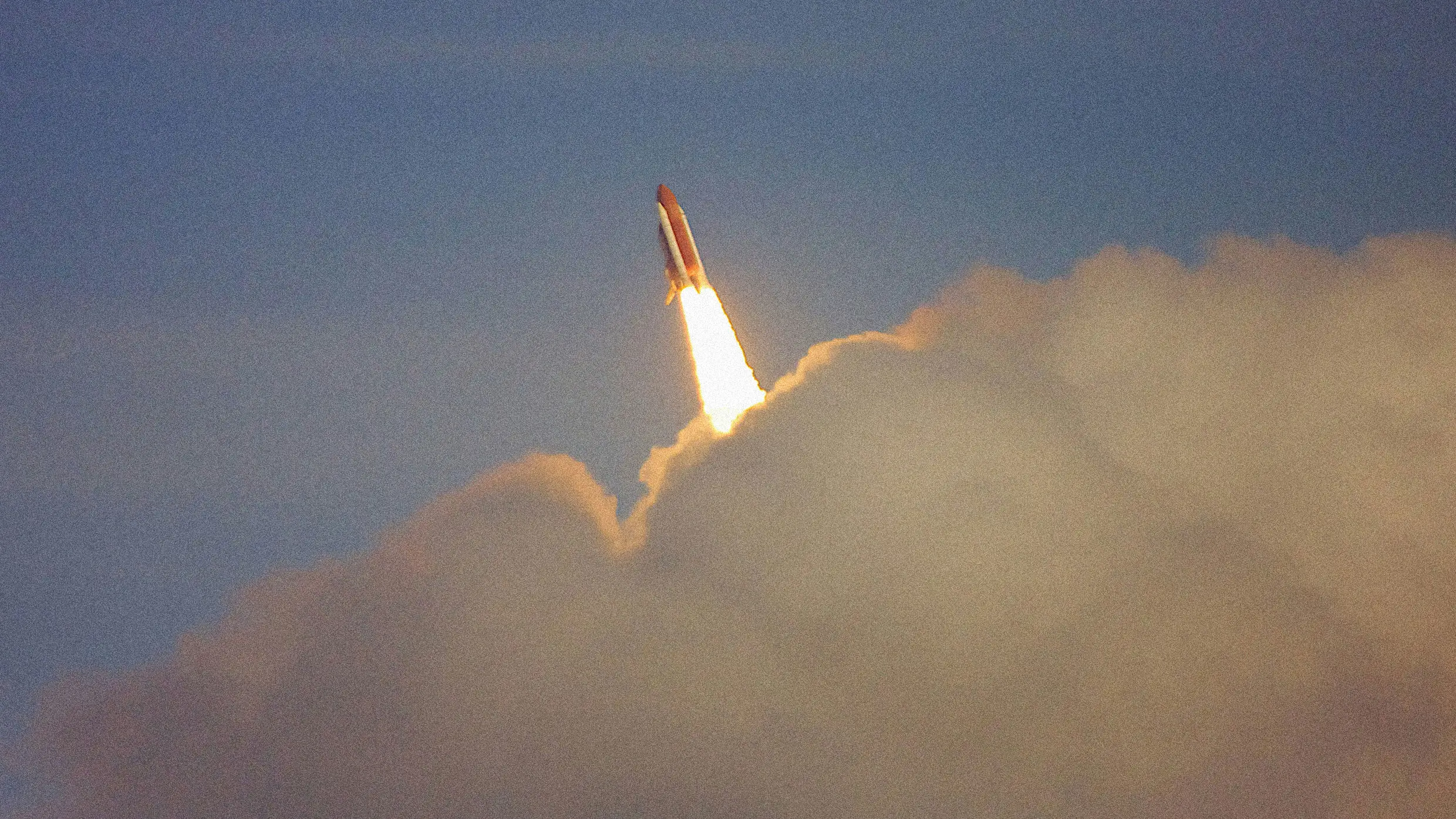
"We're a team of engineers and graduate students who are studying how AI in general, and a subset of AI called machine learning in particular, can transform spacecraft propulsion. From optimizing nuclear thermal engines to managing complex plasma confinement in fusion systems, AI is reshaping propulsion design and operations. It is quickly becoming an indispensable partner in humankind's journey to the stars."
"Machine learning is a branch of AI that identifies patterns in data that it has not explicitly been trained on. It is a vast field with its own branches, with a lot of applications. Each branch emulates intelligence in different ways: by recognizing patterns, parsing and generating language, or learning from experience. This last subset in particular, commonly known as reinforcement learning, teaches machines to perform their tasks by rating their performance, enabling them to continuously improve through experience."
Companies and space agencies launch hundreds of rockets annually, with launches set to increase for missions to the Moon, Mars, and beyond. Propulsion remains the critical challenge for interplanetary travel, requiring breakthroughs for speed, safety, and efficiency. Artificial intelligence and machine learning are providing breakthroughs across propulsion design and operations. AI optimizes nuclear thermal engines and manages plasma confinement in fusion systems, reshaping propulsion systems. Machine learning identifies patterns in data and branches include reinforcement learning, which teaches systems through experience and performance feedback. Reinforcement learning enables machines to develop intuitive strategies at computational speeds and scales beyond human capability, improving decision-making in complex propulsion tasks.
Read at Fast Company
Unable to calculate read time
Collection
[
|
...
]